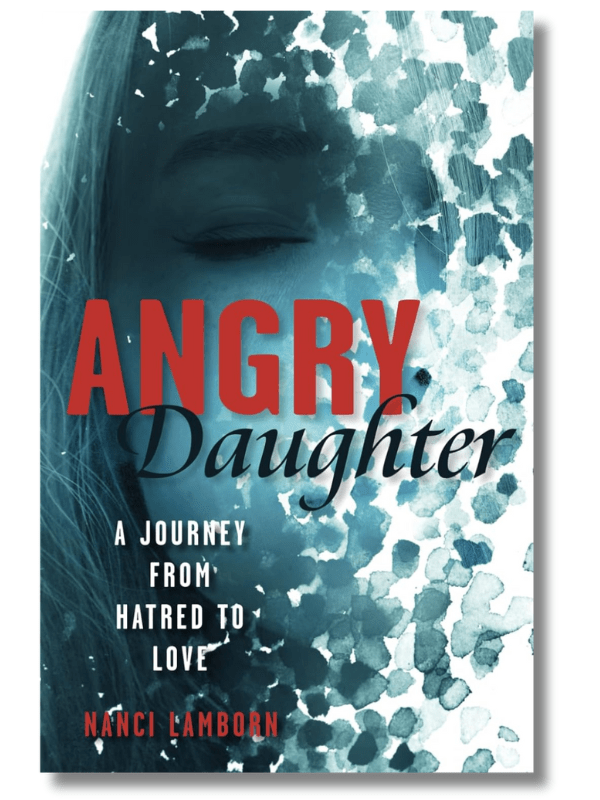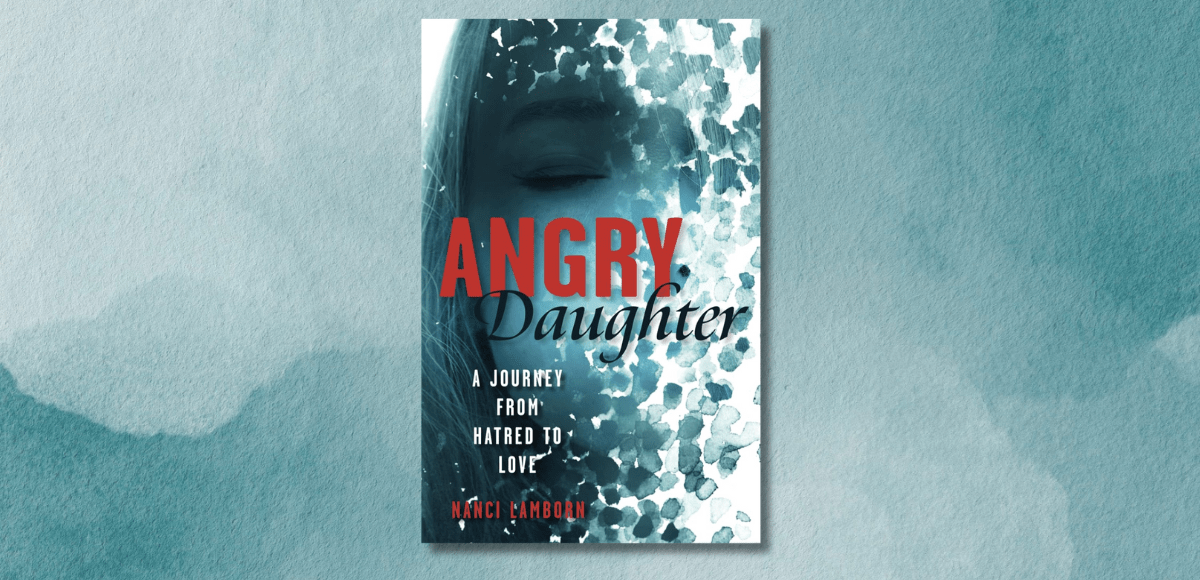
Angry Daughter
by Nanci Lamborn
Genre: Memoir / Religious
ISBN: 9798218372965
Print Length: 216 pages
Reviewed by Lauren Hayataka
A remarkable memoir where the path from resentment to redemption unfolds with stark honesty and unwavering faith
Nanci Lamborn’s debut memoir, Angry Daughter: A Journey From Hatred to Love, is an introspective exploration of forgiveness, redemption, and the transformative power of faith from a Christian perspective. Through her raw and poignant narrative, Lamborn invites readers into the tumultuous landscape of her past, where buried wounds of shame, rejection, and abandonment festered beneath the surface.
At the heart of Lamborn’s life lies the struggle to forgive—a journey that traces back to her childhood, oscillating between moments of familial joy and nights marred by the loss of innocence suffered alongside her twin sister. With unflinching honesty, Lamborn delves into the complexities of familial dysfunction, exposing the generational cycle of abuse that has plagued her family for decades. Her honesty is unflinching as she lays bare the trauma she endured—the visceral hatred toward her abusive mother, the weaponization of shame, and the profound grief stemming from fractured familial relationships.
Yet amidst the darkness, Lamborn discovers a beacon of hope: the power of forgiveness as a deliberate choice, an act of liberation that transcends the confines of pain. Through her unwavering faith in God, she finds the strength to release decades of pent-up hatred and resentment, paving the way for healing and reconciliation. It also allows Lamborn to realize that: “How do we come to cherish a place where trauma and shame were born? Only by divine influence and radical healing.”
Lamborn’s narrative is far from clichéd; it is raw, uncomfortable, and even painful to read. There are moments where she recounts her mother Sandra’s utter inability to protect her children, such as when their abuser moved around the block from their home for easier access to them, followed by the later assault on Lamborn’s brother by a neighbor.
Additionally, their upbringing was defined by the persistent belief instilled by Sandra that there was never enough of anything, whether it be money, sleep, or time—or love, it appears. Only there was another side of Sandra that neighbors, church members, and even other family members knew: the generous woman who would never hurt anyone, let alone her children.
There is another side of Sandra that Lamborn comes to know, one that compels her toward forgiveness. It’s the image of Sandra, the black sheep of the family, weeping in her closet as a frightened and bewildered 15-year-old girl unable to confront the death of her father. This is the image that Lamborn cannot forget, and neither will I. It is Lamborn’s willingness to empathize and her compassionate approach that captivates readers, even in the face of challenging subject matter.
Amidst her journey, Lamborn grapples with numerous realizations about her mother, perhaps the most heart-wrenching being: “(now) I understand that she was never taught to speak the language of being seen.” Instead, Sandra buried her vulnerability until it became unrecognizable to others and herself.
The utter richness of Lamborn’s narrative lies in her willingness to confront the uncomfortable truths of her past with grace and candor. Her portrayal of Sandra as a multifaceted individual—flawed and inherently human—challenges readers to reevaluate their perceptions of forgiveness and redemption. Through Lamborn’s faith in God and her commitment to grace, she ultimately finds the strength to release decades of pent-up resentment and embrace the healing power of forgiveness.
Yet, amidst the Christian-centric themes of her story, Lamborn encourages you to forge a personal relationship with God, one that transcends the confines of organized religion. This emphasis on personal spirituality underscores the universal message of her memoir, inviting readers of all backgrounds to embark on their spiritual journeys.
Angry Daughter: A Journey From Hatred to Love is not merely a memoir; it is a profound exploration of the complexities of forgiveness, redemption, and the enduring power of faith. Lamborn’s narrative serves as a testament to the transformative potential of compassion and empathy, offering readers a glimpse into the profound beauty that can emerge from the depths of pain and suffering. In the end, Lamborn’s journey toward forgiveness is an inspiring reminder of the resilience of the human spirit and the boundless capacity for healing and reconciliation.
Thank you for reading Lauren Hayataka’s book review of Angry Daughter by Nanci Lamborn! If you liked what you read, please spend some more time with us at the links below.


0 comments on “Book Review: Angry Daughter”